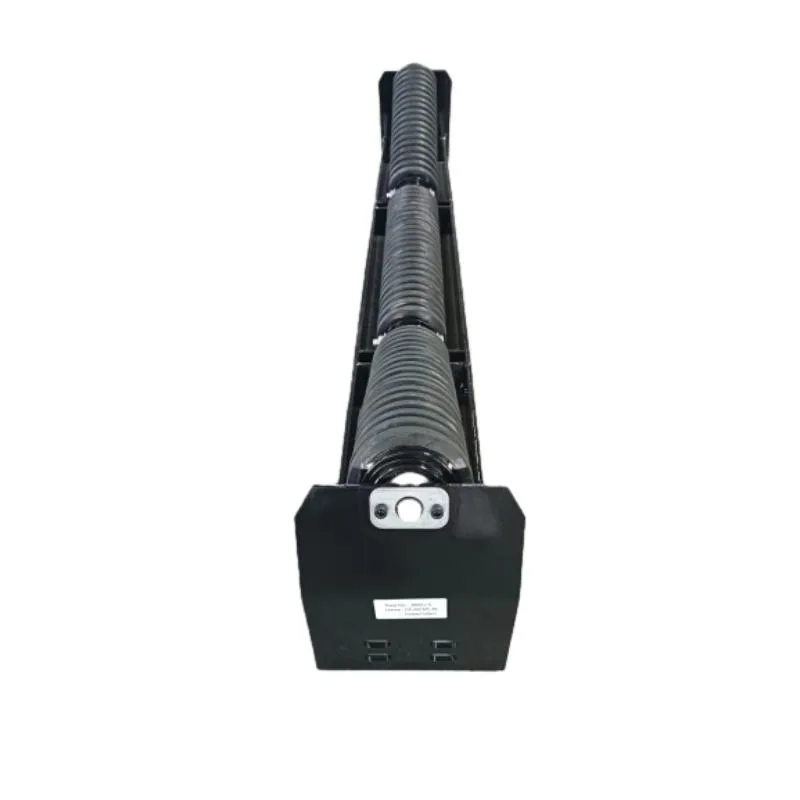 Afrikaans
Afrikaans  Albanian
Albanian  Amharic
Amharic  Arabic
Arabic  Armenian
Armenian  Azerbaijani
Azerbaijani  Basque
Basque  Belarusian
Belarusian  Bengali
Bengali  Bosnian
Bosnian  Bulgarian
Bulgarian  Catalan
Catalan  Cebuano
Cebuano  Corsican
Corsican  Croatian
Croatian  Czech
Czech  Danish
Danish  Dutch
Dutch  English
English  Esperanto
Esperanto  Estonian
Estonian  Finnish
Finnish  French
French  Frisian
Frisian  Galician
Galician  Georgian
Georgian  German
German  Greek
Greek  Gujarati
Gujarati  Haitian Creole
Haitian Creole  hausa
hausa  hawaiian
hawaiian  Hebrew
Hebrew  Hindi
Hindi  Miao
Miao  Hungarian
Hungarian  Icelandic
Icelandic  igbo
igbo  Indonesian
Indonesian  irish
irish  Italian
Italian  Japanese
Japanese  Javanese
Javanese  Kannada
Kannada  kazakh
kazakh  Khmer
Khmer  Rwandese
Rwandese  Korean
Korean  Kurdish
Kurdish  Kyrgyz
Kyrgyz  Lao
Lao  Latin
Latin  Latvian
Latvian  Lithuanian
Lithuanian  Luxembourgish
Luxembourgish  Macedonian
Macedonian  Malgashi
Malgashi  Malay
Malay  Malayalam
Malayalam  Maltese
Maltese  Maori
Maori  Marathi
Marathi  Mongolian
Mongolian  Myanmar
Myanmar  Nepali
Nepali  Norwegian
Norwegian  Norwegian
Norwegian  Occitan
Occitan  Pashto
Pashto  Persian
Persian  Polish
Polish  Portuguese
Portuguese  Punjabi
Punjabi  Romanian
Romanian  Russian
Russian  Samoan
Samoan  Scottish Gaelic
Scottish Gaelic  Serbian
Serbian  Sesotho
Sesotho  Shona
Shona  Sindhi
Sindhi  Sinhala
Sinhala  Slovak
Slovak  Slovenian
Slovenian  Somali
Somali  Spanish
Spanish  Sundanese
Sundanese  Swahili
Swahili  Swedish
Swedish  Tagalog
Tagalog  Tajik
Tajik  Tamil
Tamil  Tatar
Tatar  Telugu
Telugu  Thai
Thai  Turkish
Turkish  Turkmen
Turkmen  Ukrainian
Ukrainian  Urdu
Urdu  Uighur
Uighur  Uzbek
Uzbek  Vietnamese
Vietnamese  Welsh
Welsh  Bantu
Bantu  Yiddish
Yiddish  Yoruba
Yoruba  Zulu
Zulu Feb . 16, 2025 01:36
Back to list
Friction Aligning Idler
The belt wiper is an essential tool in industrial settings where conveyor belts are operational. This sophisticated device plays a pivotal role in maintaining the efficiency and longevity of conveyor systems. For industries ranging from mining to food processing, the belt wiper ensures that the production line remains uninterrupted. Today, we're diving deep into understanding belt wipers with evidence-based insights tailored for industry professionals who always strive for operational excellence.
Trustworthiness in belt wiper solutions is achieved through transparency in manufacturing processes, certifications, and customer reviews. Many industry leaders provide detailed documentation and testing data to substantiate their product claims. For instance, achieving an ISO certification not only demonstrates adherence to international quality standards but also instills confidence in potential buyers. Testimonials from reputed companies that have experienced tangible benefits from using belt wipers add another layer of credibility. For maintenance engineers and facility managers, the practical experience of monitoring and adjusting belt wipers is critical. Regular inspections ensure optimal performance by identifying wear and tear early. Maintenance teams often share insights through industry forums and publications, creating a knowledge base that further informs best practices. In conclusion, the belt wiper is an essential investment for any industrial operation relying on conveyor systems. Its contribution to minimizing downtime, preserving belt integrity, and reducing maintenance costs is undeniable. By choosing the right belt wiper, informed by expert advice and verified performance metrics, industries can enhance their operational efficiency substantially. Ultimately, leveraging the collective expertise and authoritative insights from industry specialists on belt wipers will empower decision-makers to choose products that deliver sustained performance and value. As industries continue to demand higher efficiency and reliability, the role of advanced tools like belt wipers in achieving these objectives remains more critical than ever.


Trustworthiness in belt wiper solutions is achieved through transparency in manufacturing processes, certifications, and customer reviews. Many industry leaders provide detailed documentation and testing data to substantiate their product claims. For instance, achieving an ISO certification not only demonstrates adherence to international quality standards but also instills confidence in potential buyers. Testimonials from reputed companies that have experienced tangible benefits from using belt wipers add another layer of credibility. For maintenance engineers and facility managers, the practical experience of monitoring and adjusting belt wipers is critical. Regular inspections ensure optimal performance by identifying wear and tear early. Maintenance teams often share insights through industry forums and publications, creating a knowledge base that further informs best practices. In conclusion, the belt wiper is an essential investment for any industrial operation relying on conveyor systems. Its contribution to minimizing downtime, preserving belt integrity, and reducing maintenance costs is undeniable. By choosing the right belt wiper, informed by expert advice and verified performance metrics, industries can enhance their operational efficiency substantially. Ultimately, leveraging the collective expertise and authoritative insights from industry specialists on belt wipers will empower decision-makers to choose products that deliver sustained performance and value. As industries continue to demand higher efficiency and reliability, the role of advanced tools like belt wipers in achieving these objectives remains more critical than ever.
Next:
Latest news
-
Revolutionizing Conveyor Reliability with Advanced Rubber Lagging PulleysNewsJul.22,2025
-
Powering Precision and Durability with Expert Manufacturers of Conveyor ComponentsNewsJul.22,2025
-
Optimizing Conveyor Systems with Advanced Conveyor AccessoriesNewsJul.22,2025
-
Maximize Conveyor Efficiency with Quality Conveyor Idler PulleysNewsJul.22,2025
-
Future-Proof Your Conveyor System with High-Performance Polyurethane RollerNewsJul.22,2025
-
Driving Efficiency Forward with Quality Idlers and RollersNewsJul.22,2025
OUR PRODUCTS





























